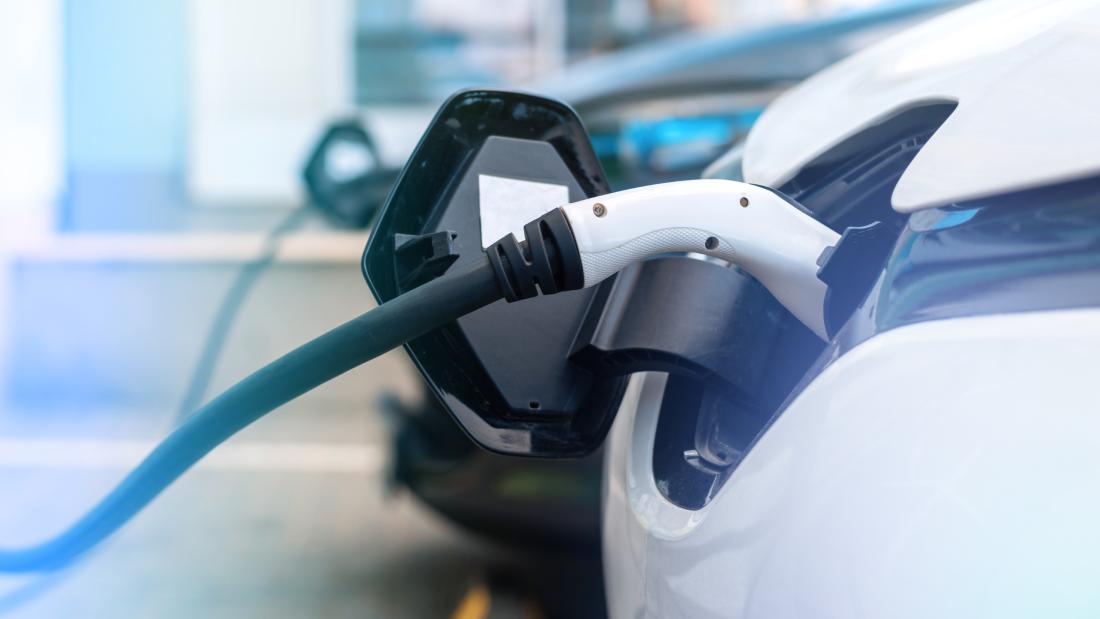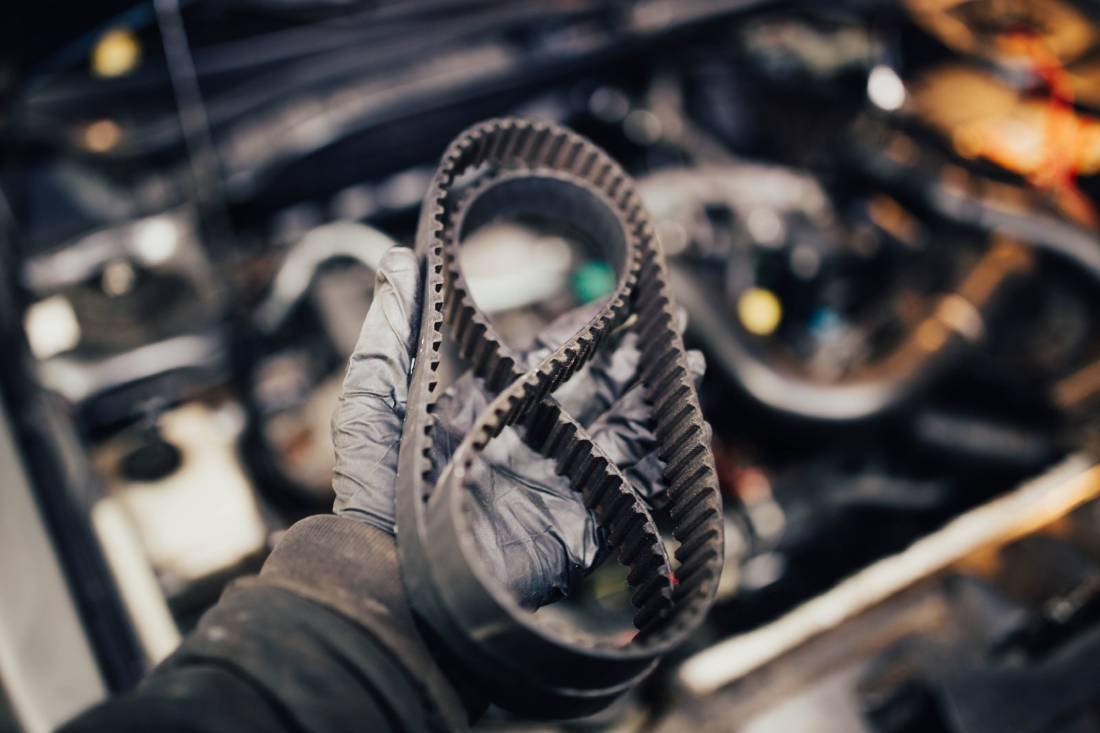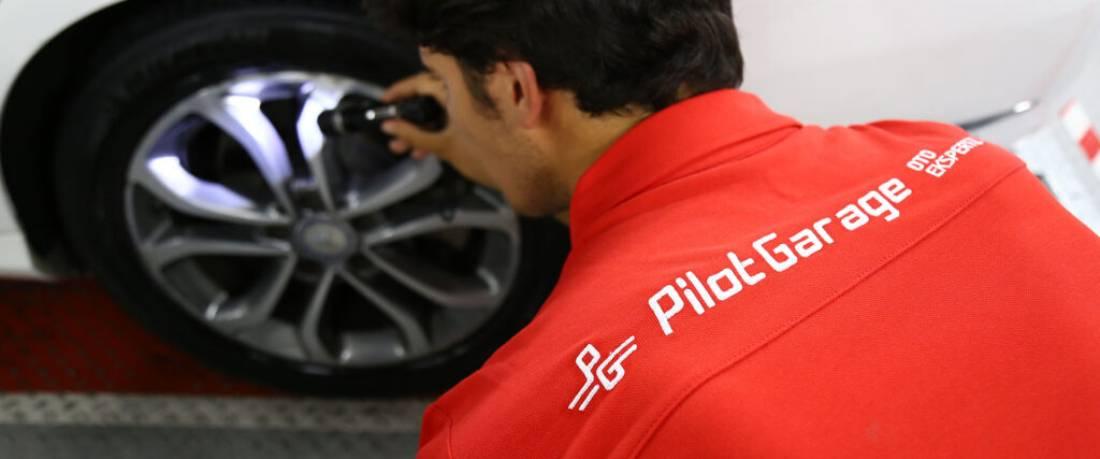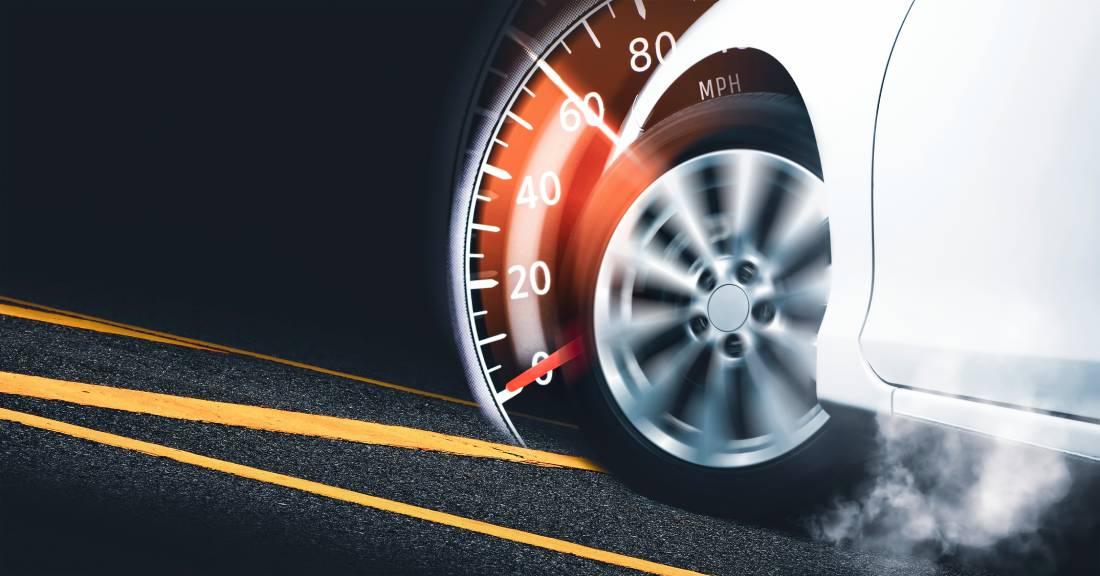
- How to Perform an Electric Vehicle Expertise? Why is it important?
- How to Perform an Electric Vehicle Expertise?
- Tests to be Performed During Electric Vehicle Expertise
- Battery Health and Charging Capacity Tests
- Driving Dynamics and Brake System Test
- Electric Motor Efficiency and Performance Analysis
- What Should Be Considered in Electric Vehicle Expertise?
- - Battery Status and Life
- - Control of Engine and Mechanical Parts
- - Vehicle Body and Chassis Controls
- - Driving Dynamics and Braking System
- The Importance of Expertise in Electric Vehicles
- Why Should an Electric Vehicle Expertise Be Made?
- Expertise Process When Buying a Second-Hand Electric Car
- How Much Does Electric Vehicle Expertise Cost?
- What are the Expert Tips when Choosing a New and Second-Hand Electric Vehicle?
How to Perform an Electric Vehicle Expertise? Why is it important?
Electric vehicle expertise is a critical factor in both new and second-hand vehicle purchases. This content will help you reduce the risks you may encounter when purchasing a vehicle by discussing the appraisal process of electric vehicles in detail.
How to Perform an Electric Vehicle Expertise?
Electric vehicle expertise is the process of examining the vehicle in detail. This inspection covers a wide range from the health of the vehicle's battery to the condition of the electric motor. The appraisal process is done to evaluate the vehicle's charging capacity, driving range and overall performance.
During the appraisal process, experts also evaluate the vehicle's specifications, available software updates, and any repair or replacement history. At this stage, the problems the vehicle has encountered in the past and how these problems were solved become important. Expertise provides the opportunity to detect potential malfunctions in advance and calculate their costs.
Tests to be Performed During Electric Vehicle Expertise
The tests to be performed in an electric vehicle expertise include a comprehensive assessment of the health status of the vehicle. These tests include tests such as battery health, charging capacity, vehicle driving dynamics and braking system.
Battery Health and Charging Capacity Tests
One of the most important stages of electric vehicle expertise is battery health and charging capacity tests. These tests evaluate the current condition, charging capacity, and overall health of the battery. Battery life and performance are key components of electric vehicles.
Battery tests examine charging times, capacity loss and inter-cell imbalances. Additionally, these tests provide information about how long the battery can operate effectively in the future, thus helping to understand the long-term value of the vehicle.
Driving Dynamics and Brake System Test
Driving dynamics and braking system testing are critical in evaluating an electric vehicle for safety and performance. These tests examine the vehicle's handling, braking response and ride comfort. Additionally, the effectiveness of the regenerative braking system is also tested at this stage.
These tests evaluate the vehicle's behavior and safety features while driving. Brake pads, discs and other brake system components are checked in detail. A driving test helps detect potential mechanical problems and problems that may occur while driving.
Electric Motor Efficiency and Performance Analysis
Efficiency and performance analysis of the electric motor has an important place in electric vehicle expertise. This analysis examines the engine's power-generating capacity, efficiency, and signs of any malfunctions. The health of the engine directly affects the overall performance of the vehicle.
Engine tests evaluate power output, response time, and engine noise and vibration levels. In addition, the compatibility of the engine with the electrical systems and whether these systems are working properly are also examined. This analysis provides important information about the vehicle's long-term functionality and reliability.
What Should Be Considered in Electric Vehicle Expertise?
One of the most important elements to consider in electric vehicle expertise is the battery condition and life. The battery is one of the most critical components of electric vehicles and greatly affects the overall health of the vehicle. During the appraisal, the battery's charge capacity, signs of aging and the presence of any damage are examined.
Additionally, checking the engine and mechanical parts is also important. Although electric vehicle engines require less maintenance than traditional internal combustion engines, they still require regular checks. Vehicle body and chassis checks should also be evaluated in terms of possible accidents and damages, especially when purchasing second-hand vehicles.
- Battery Status and Life
One of the most critical elements in electric vehicle expertise is battery condition and life. As one of the most important components of the vehicle, the battery has a central role in terms of performance and reliability. During the appraisal process, the battery's current charge capacity, signs of aging and general health condition are examined. Battery life has a big impact on the range and overall usability of the vehicle, so this part is evaluated in detail.
- Control of Engine and Mechanical Parts
Control of the engine and mechanical parts in electric vehicles is another important factor that directly affects the performance and reliability of the vehicle. This check covers the efficiency of the engine, power production and the condition of mechanical components. Regular inspection of the engine and other mechanical parts is vital to the long-term health of the vehicle. This inspection enables early detection of potential problems and can prevent expensive repairs in the future.
- Vehicle Body and Chassis Controls
In electric vehicle expertise, vehicle body and chassis checks are examined for accidents and damages that the vehicle may have encountered in the past. These checks evaluate the structural integrity and safety of the vehicle. Vehicle body and chassis inspections are critical to identify previous damage and repairs, especially when purchasing second-hand vehicles. This is an important step in understanding the value and future durability of the vehicle.
- Driving Dynamics and Braking System
Driving dynamics and braking systems of electric vehicles are important elements in terms of driving safety and comfort. These tests evaluate the vehicle's handling, braking response and overall ride quality. The effectiveness and condition of the braking system are critical to ensuring the safety of the vehicle, especially in emergency situations. During driving tests, it is examined how the vehicle performs in all kinds of road conditions and what kind of experience it offers to the driver.
The Importance of Expertise in Electric Vehicles
The importance of electric vehicle expertise is directly related to potential cost savings and vehicle safety. A quality inspection can help you avoid expensive repairs in the future. It also gives you a clear idea about the overall safety and performance of the vehicle.
Electric vehicle expertise provides important information about the vehicle's past use and maintenance, especially when purchasing second-hand electric vehicles. This allows buyers to make more informed decisions and provides a more satisfying vehicle ownership experience in the long run.
Why Should an Electric Vehicle Expertise Be Made?
Getting an electric vehicle expertise is one of the most important steps buyers can take to protect their investment. This process is essential to verify the value and reliability of the vehicle. Additionally, thanks to the expertise, one gets an idea about the vehicle's future maintenance needs and potential costs.
An electric vehicle expertise can uncover any hidden defects or pre-existing problems with the vehicle. This information can give you an advantage in the negotiation process and guide you in your purchasing decision, especially when it comes to second-hand vehicles.
Expertise Process When Buying a Second-Hand Electric Car
The appraisal process when buying a second-hand electric car includes a comprehensive analysis of the vehicle's past use and condition. In this process, especially the condition of the vehicle's battery, the health of the electric motor and the condition of its general mechanical components are of great importance. The appraisal provides detailed information about the vehicle's previous problems, repairs and maintenance history.
A used electric vehicle appraisal also unlocks the vehicle, revealing potential hidden problems and costs. The vehicle chassis and body are also thoroughly examined for signs of previous accidents or damage. This gives you a clear view of the safety and reliability of the vehicle you are considering purchasing.
How Much Does Electric Vehicle Expertise Cost?
The cost of electric vehicle expertise may vary depending on the scope of the tests performed and the model of the vehicle. Generally, this cost depends on the time and level of expertise required to thoroughly inspect and test the vehicle. A high-quality expert can help you avoid expensive repairs in the long run.
The cost of second-hand electrical expertise may also vary depending on the make, model and age of the vehicle. Generally, the cost of an appraisal may be higher for newer and technologically advanced models. Still, this cost helps you reduce potential risks and future expenses, increasing the security and satisfaction of your purchase.
What are the Expert Tips when Choosing a New and Second-Hand Electric Vehicle?
When choosing a new or second-hand electric vehicle, there are some basic tips to consider during the appraisal process. First, it is important to evaluate the vehicle's battery status and charging capacity. Additionally, the general mechanical condition of the vehicle, the health of its driving systems and electronic components should also be examined. When buying a second-hand vehicle, it is important to review the vehicle's past accident and damage records. This will give you a clearer idea of the vehicle's reliability and future maintenance needs. For a new vehicle, factors such as warranty conditions and service history should be taken into consideration.





